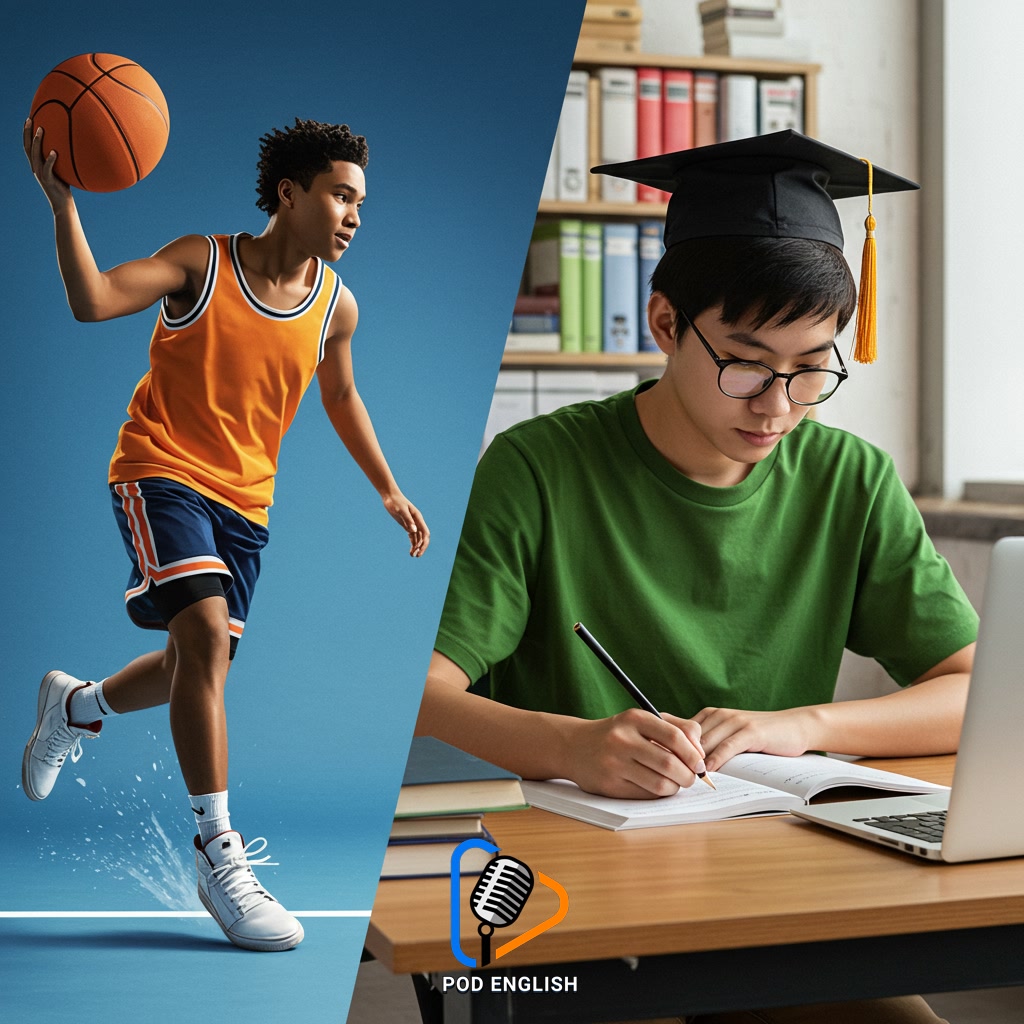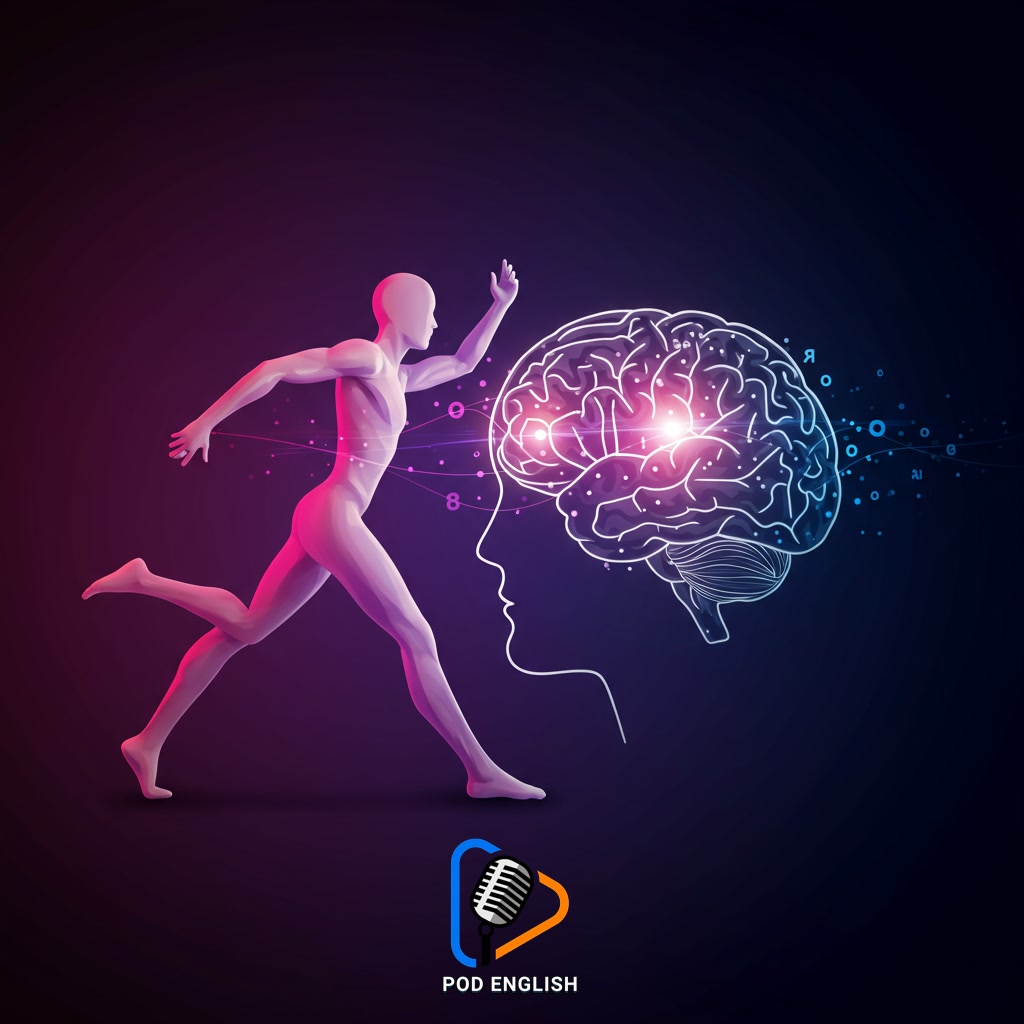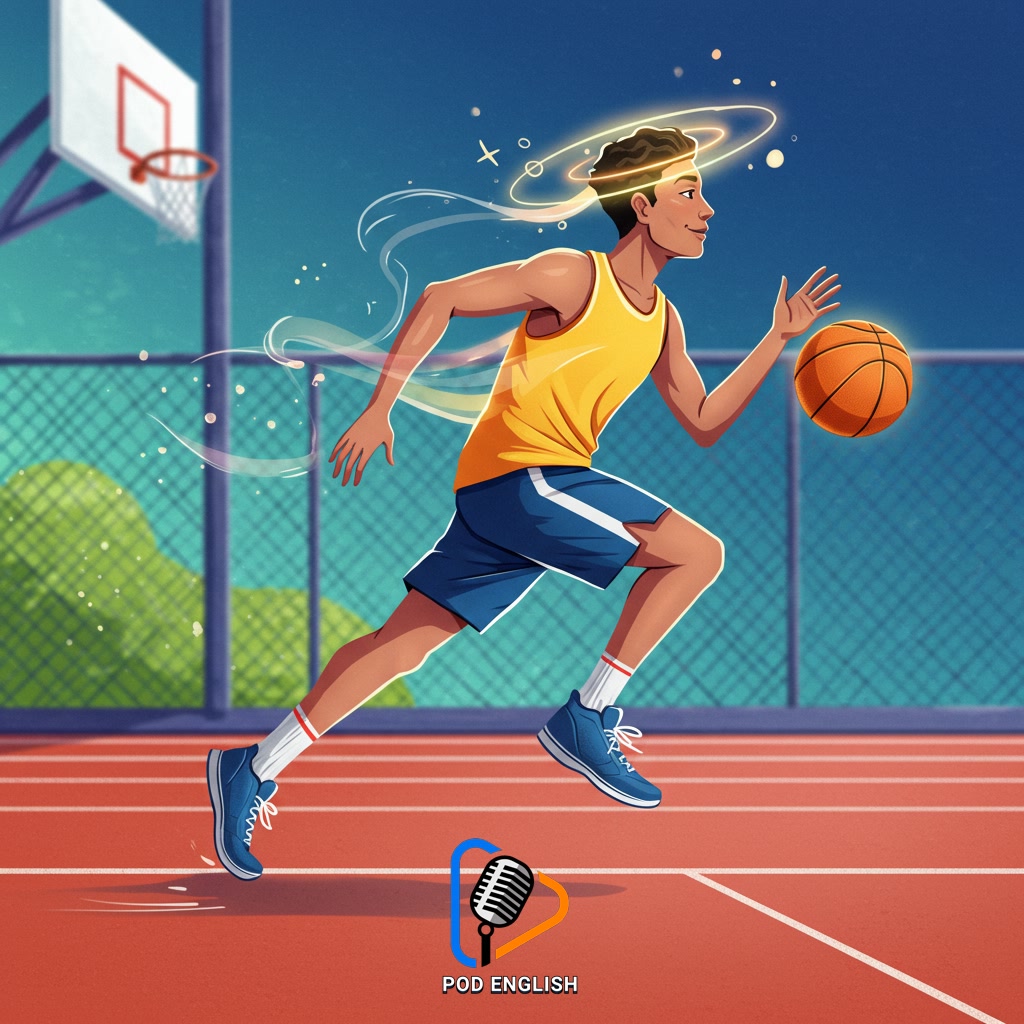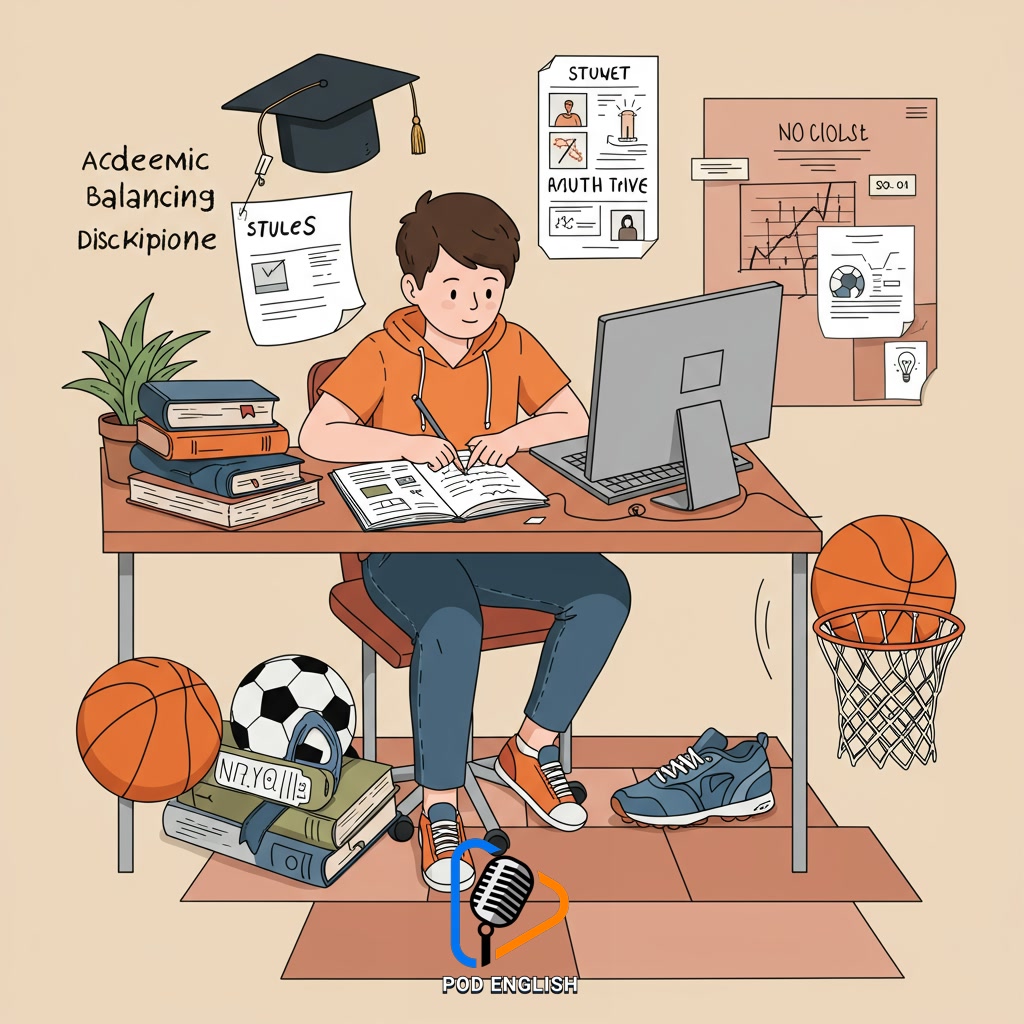Learn English
How Sports Improve Focus for School and English Learners

Sports participation can significantly enhance concentration skills. Improved focus gained through sports translates positively to academic performance in school subjects. This benefit is particularly valuable for individuals learning English, helping them stay engaged and absorb new language material more effectively. Regular physical activity through sports builds discipline and mental acuity necessary for focused study.
Table of Contents
- Section 1: Introduction: The Link Between Physical Activity and Cognitive Performance
- Section 2: How Sports Physically and Mentally Enhance Focus
- Section 3: Boosting Concentration for General Academic Success
- Section 4: Specific Benefits for English Learners: Sharpening Focus for Language Acquisition
- Section 5: Integrating Sports and Study: Practical Tips for Students and English Learners
- Section 6: Conclusion: Leveraging Sports for Improved Learning Outcomes
Section 1: Introduction: The Link Between Physical Activity and Cognitive Performance
It is widely understood that keeping our bodies active is good for our health. However, the benefits of physical activity extend far beyond just physical fitness. Research has increasingly shown a strong connection between engaging in sports and exercise and improvements in our cognitive abilities – that is, how well our brains work. When we move our bodies, it affects our brains in positive ways, improving functions like thinking, remembering, and, importantly, focusing. This introduction explores the fundamental link between being physically active and having a more effective and concentrated mind, setting the stage for understanding how sports can directly help with learning, including subjects like English.

Section 2: How Sports Physically and Mentally Enhance Focus
Engaging in sports provides significant physical and mental benefits that directly enhance focus. Physically, intense activity increases blood flow to the brain, delivering more oxygen and nutrients essential for cognitive function. Exercise also triggers the release of endorphins, natural chemicals that reduce stress and anxiety, creating a calmer mental state conducive to sustained concentration. Mentally, sports demand attention and rapid decision-making. Following game rules, anticipating opponent movements, and executing strategies require intense focus and train the brain to filter distractions. This discipline and mental acuity developed on the field or court translate into improved ability to concentrate on academic tasks, making learning, including mastering English, more effective and less prone to wandering thoughts.

Section 3: Boosting Concentration for General Academic Success
Building on the physical and mental readiness established through sports, participants find it easier to maintain concentration during academic tasks. The increased blood flow and oxygenation to the brain, discussed previously, directly support enhanced cognitive function, including improved attention span and reduced distractibility. Furthermore, the discipline and structure inherent in sports, such as following instructions, practicing drills, and managing energy levels, cultivate skills that transfer directly to the classroom. Students learn to sit attentively, focus on lectures or reading material for extended periods, and apply sustained mental effort to problem-solving and assignments. This improved ability to concentrate is a fundamental asset that enhances performance across all school subjects, making learning more efficient and effective.

Section 4: Specific Benefits for English Learners: Sharpening Focus for Language Acquisition
Building on the physical and mental readiness established through sports, participants find it easier to maintain concentration during academic tasks. The increased blood flow and oxygenation to the brain, combined with the discipline and mental toughness honed on the field or court, directly benefit English learners. Focusing intently on complex language structures, new vocabulary, and nuances in pronunciation requires sustained mental effort. Sports training improves the ability to block out distractions and channel energy into the task at hand. This enhanced focus means English learners can absorb information more efficiently during lessons, practice sessions, and independent study, making the challenging process of language acquisition feel more manageable and leading to faster progress and greater confidence in their English abilities.

Section 5: Integrating Sports and Study: Practical Tips for Students and English Learners
Building on the physical and mental readiness established through sports, integrating these benefits into your study routine requires practical steps. Students should aim to create a balanced schedule that allocates specific, focused blocks of time for both physical activity and academic work. Using the heightened energy and mental clarity often experienced after sports can be particularly effective for tackling challenging study tasks, such as learning new English vocabulary or complex grammar structures. Breaking down study sessions into shorter, focused intervals, much like training drills, can also help maintain concentration. Consistency in following this integrated routine is key to building the discipline needed for sustained focus in both sports and learning, especially for English learners navigating new material.

Section 6: Conclusion: Leveraging Sports for Improved Learning Outcomes
In conclusion, the significant role sports play in developing focus and discipline cannot be overstated. As discussed, integrating the physical and mental benefits gained through regular sports participation into your study habits creates a powerful synergy. This enhanced ability to concentrate is particularly beneficial when tackling challenging academic subjects, such as learning English. The improved mental acuity helps learners process new vocabulary, complex grammar rules, and listening comprehension more effectively, reducing distractions and increasing retention. By recognizing and actively leveraging the focus-building power of sports, students can unlock their potential for improved academic performance and achieve greater success in their learning journey, making physical activity a valuable tool for educational achievement.














